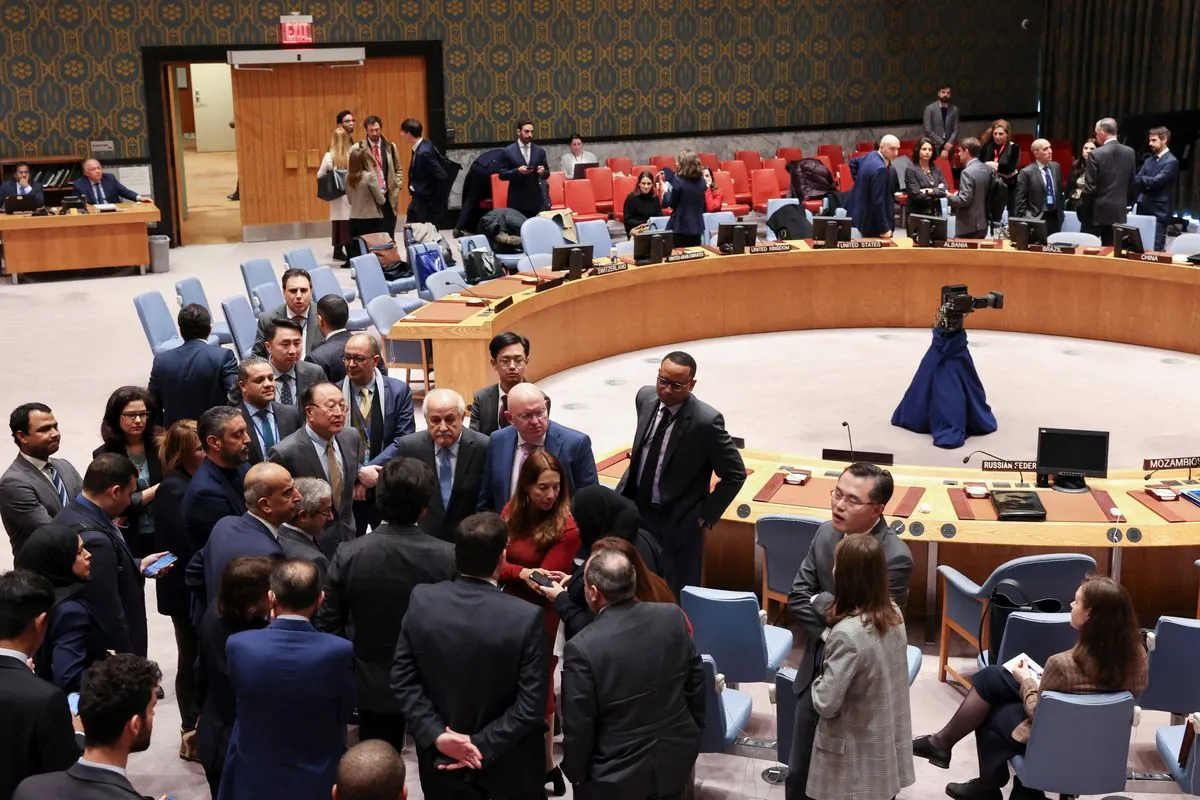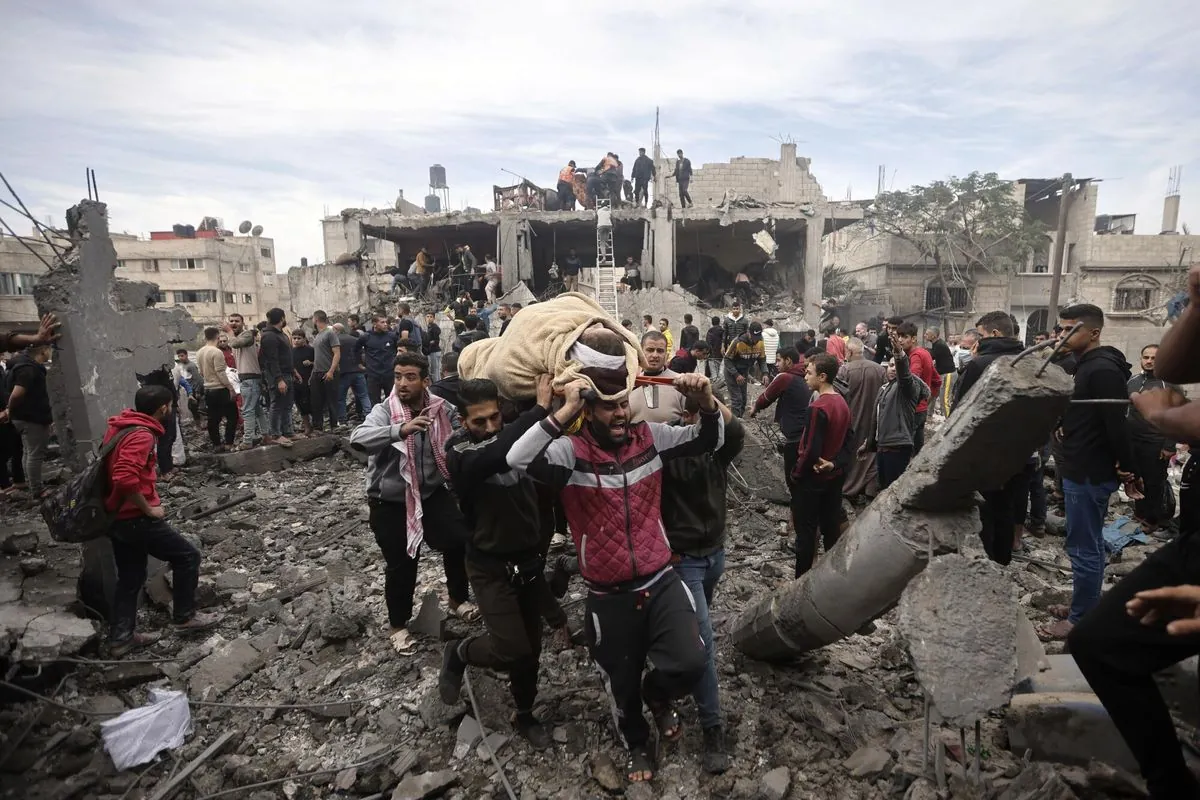Gaza Ceasefire Talks Intensify Amid Regional Tensions
Negotiations for a Gaza ceasefire gain urgency as regional threats escalate. U.S. and Arab mediators report progress, but Hamas expresses reservations about the latest proposal.

Efforts to broker a ceasefire in Gaza have intensified, with U.S. and Arab mediators reporting progress in negotiations to halt the conflict and secure the release of hostages. The talks have gained new urgency as regional tensions escalate, with Iran and Hezbollah vowing retaliation for recent incidents attributed to Israel.
U.S. Secretary of State Antony Blinken is set to meet with Israeli Prime Minister Benjamin Netanyahu on August 19, 2024, as part of ongoing diplomatic efforts. This follows recent discussions in Qatar, where mediators presented a bridging proposal. While U.S. and Israeli officials express cautious optimism, Hamas has shown less enthusiasm, citing departures from previously accepted terms.
The conflict, which began on October 7, 2023, has had devastating consequences. According to local health officials, over 40,000 Palestinians in Gaza have lost their lives, though the number of militants among them is not specified. The Gaza Strip, one of the most densely populated areas globally, has seen widespread displacement and destruction of infrastructure.
"The latest proposal deviates from previous iterations that we had largely accepted."
The humanitarian situation in Gaza remains dire. The territory, under blockade since 2007, faces severe challenges in accessing clean water and electricity. The United Nations Relief and Works Agency (UNRWA) continues to provide essential services to Palestinian refugees amidst the crisis.

Negotiations face several hurdles. Hamas seeks assurances against the resumption of hostilities after the initial release of vulnerable hostages. Israel, on the other hand, aims to prevent prolonged negotiations and maintain a military presence along key areas to prevent arms smuggling and militant infiltration.
The decision to implement a ceasefire rests with Netanyahu and Yahya Sinwar, Hamas' leader in Gaza. Both face internal pressures: Netanyahu from hostage families and coalition partners, and Sinwar from the challenging conditions in Gaza.
Public sentiment varies. In Israel, while there's widespread support for the military campaign, protests calling for the hostages' return and government accountability have gained momentum. In Gaza, exhausted civilians desperately hope for an end to the conflict.
As negotiations continue, the international community watches closely. The conflict's resolution could have far-reaching implications for regional stability and the long-standing Israeli-Palestinian dispute, rooted in complex historical and geopolitical factors dating back to the early 20th century.


































